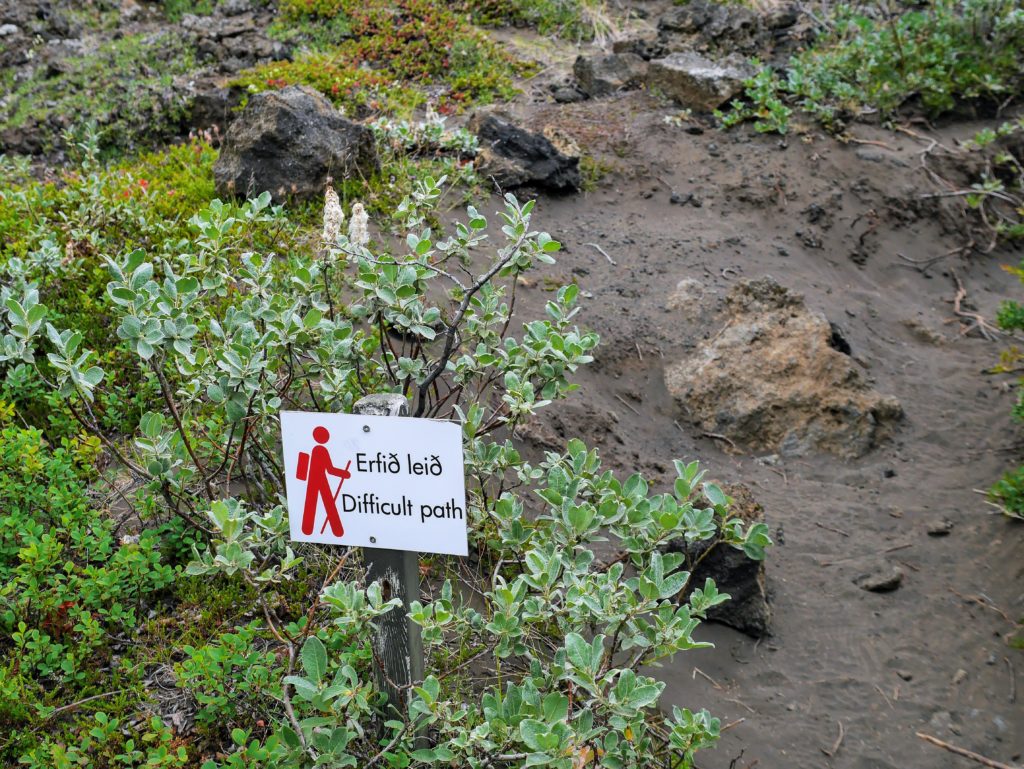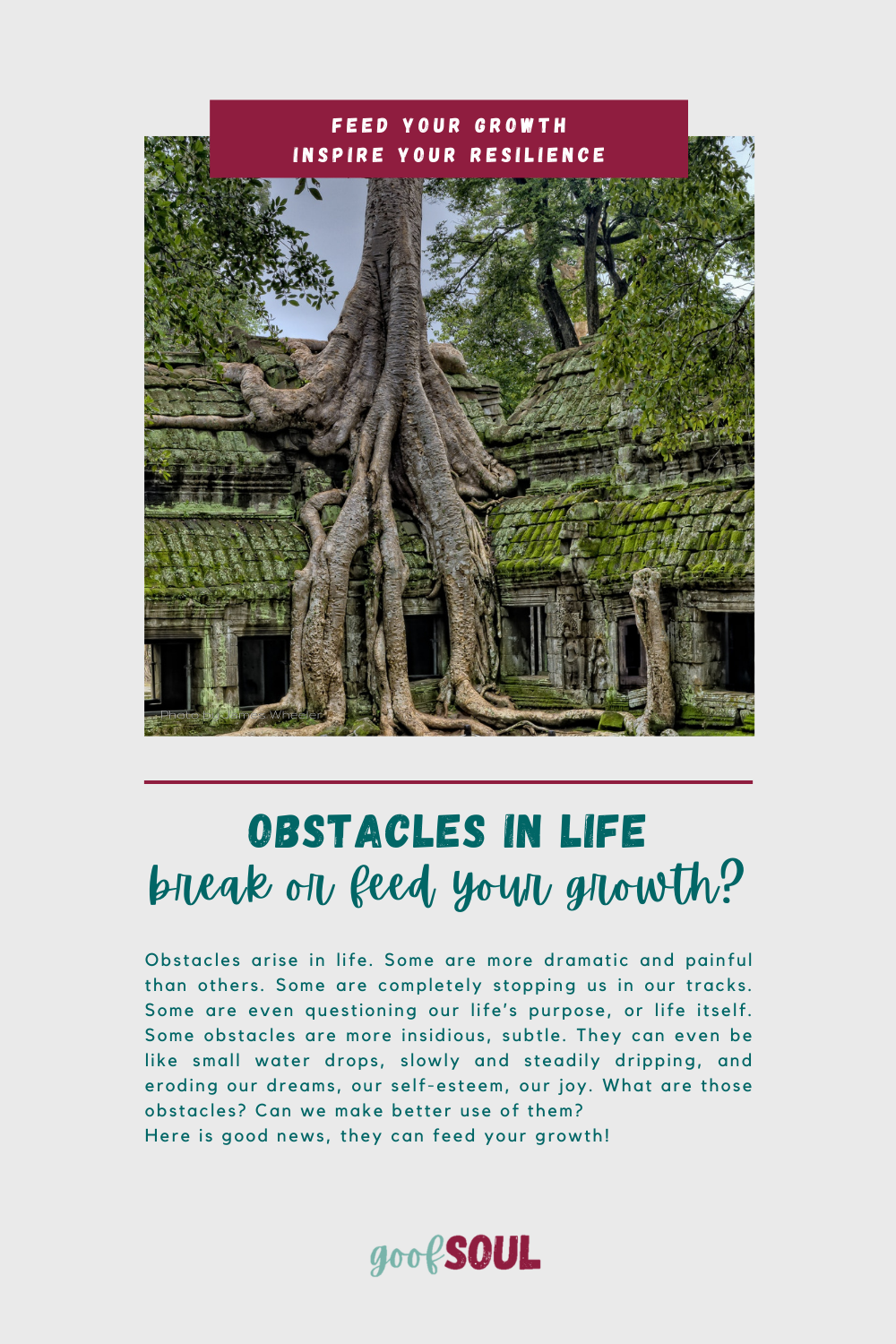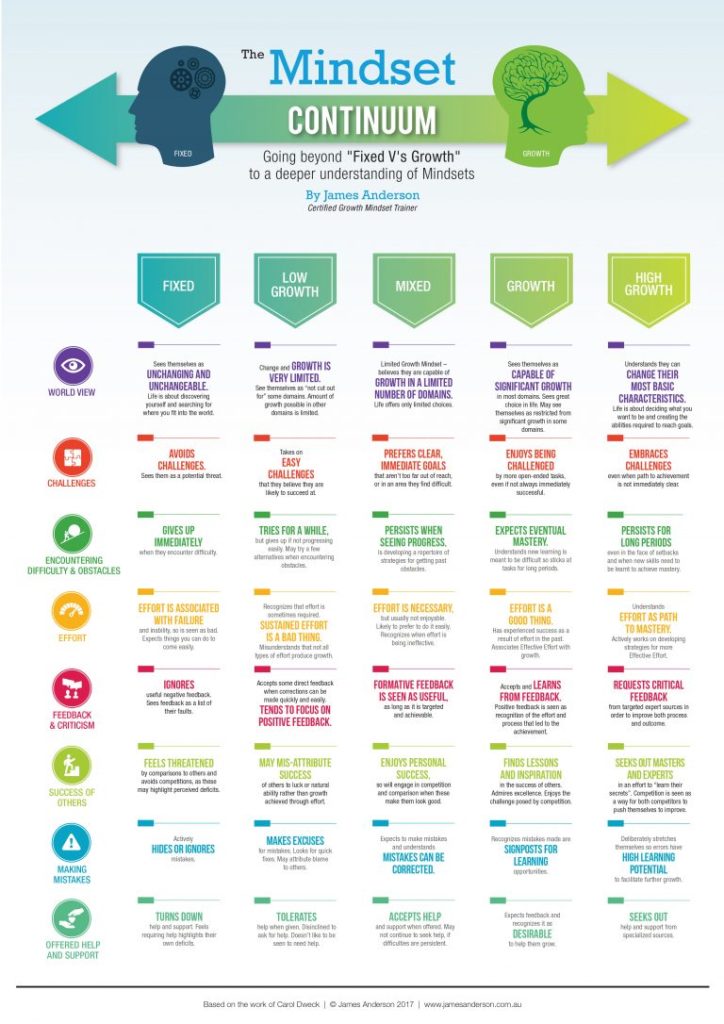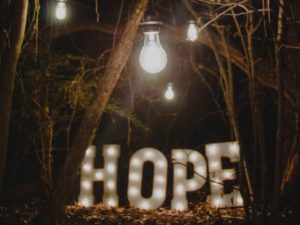
Obstacles in life: break or feed your growth?
Obstacles arise in life. Some are more dramatic and painful than others. Sometimes, they completely stop us in our tracks. Some obstacles are even questioning our life’s purpose, or life itself. And yet others are more insidious, subtle. They can even be like small water drops, slowly and steadily dripping, and eroding our dreams, our self-esteem, our joy. What are those obstacles? Can we make better use of them? Here is good news, they can feed your growth!
Obstacles take many shapes
A challenging task. A financial difficulty. A friendship breaking down. Losing a job. Mental or physical health issues. A heartbreak. Family drama. Childhood trauma. Death of a loved one. Unfulfilling jobs and bullying bosses. Toxic and abusive relationships. Feeling rejected or betrayed. Worry, anxiety, depression. Something not working out the way we wanted. You name it!

We all have had our share of hardship. And we will have them until our last breath. I would argue that some of us tend to attract and create more hardship than others, often related to unresolved issues and traumas. Lack of self-awareness and a fixed mindset can amplify that.
But the quantity of hardships is not that relevant. What truly matters is how we handle them. Do we allow them to break us little by little, or harden us, or do we actually consider them as opportunities for growth? What if you could use obstacles to feed your growth?
Fixed vs. Growth Mindset
Prof. Carol Dweck is a psychologist who theorized that people either have a fixed mindset or a growth mindset. She studied what motivates children to succeed, and how much control they think they have over their success. I recommend you have a look at her TED talk on “The power of believing that you can improve”. Although she talks about children at school, I’m sure you can see how it applies to all of us.
She found that someone with a fixed mindset tends to avoid challenges, gives up easily, believes their personality traits and skills are fixed (by nature, by genes, because they’ve ‘always been like this’, …). They want to look smart and feel threatened by others’ success. Fixed-mindset people don’t see the point of making efforts. They struggle to handle criticism and feedback. And they end up stuck in an imagined box.
On the other hand, those with a growth mindset are resilient. They persevere, they want to learn new skills, they believe they can change, grow. Growth-mindset people value the process more than the end result. They embrace challenges, see them as opportunities, and are inspired by others’ success. Their mind gives them much freedom and allows them to achieve more in life.

The limits of this theory
This theory dates from the 80s, and since then, it has been used to teach ‘growth mindset’ to children in schools. And much criticism appeared as these interventions on children did not have much effect on changing their mindset, research shows. Dweck welcomed the criticisms and did additional research in 2019 integrating teachers’ feedback, common misunderstandings, and implementation errors. This newer research showed that children’s fixed mindsets can be changed slightly under specific conditions.
Of course, a teaching intervention at school cannot suffice on its own. When children have so little control over their environment, their family, their social context, these interventions can’t be miracle cures. And maybe even a small improvement can have a big impact on a life trajectory. Sometimes, planting a seed is all it takes, even if it takes years to become a tree.
Transforming the meaning of effort and difficulty
Prof. Dweck talks about this transformation with children. Instead of rewarding results, and praising achievements, it’s more powerful to praise effort and progress, reward the process of learning and growing. Think about how applying this in the workplace, in annual performance reviews, could be more impactful…
James Anderson, speaker, teacher, author, argues that these two mindsets, fixed and growth, are not two closed boxes, but rather two ends of a continuum. I find his summary compelling, with more nuances.
Why does it matter?
Embracing more of a growth mindset gives access to more success, more freedom, more skills. It’s more inspiring, more meaningful. It allows you to find solutions when facing struggles, be it a conflict with a partner or an issue at work, or life just getting in your way. A growth mindset also provides a sense of peace and confidence, when we know that we can deal with anything life throws at us. Moreover, it allows us to adapt, which is no small feat when we remember that adapting is the key element to any species’ survival.
What can you do with this?
Evaluate in all honesty where you are on Anderson’s mindset continuum, and maybe it will vary line by line. Then, think about how you can push your limits toward growth. Think about how you can use obstacles to feed your growth mindset! Often, knowing there can be a different way is a sufficient trigger to start paying attention to how we think and behave.

Our brains are marvelous tools at our disposal. We have the power of neuroplasticity on our side. That’s our brain’s ability to rewire itself by forming new neural connections. The more we do things or do them a certain way, neural pathways are created and reinforced in our brain, like highways. When you try something new, it creates a new pathway, and the more you do it, the stronger the connection becomes.
It’s like driving through a grassy field. At first, there is no path. But as you drive through it once, and the grass is bent where you drove. And the more you go on that path, the more obvious the path becomes in the grass, until it becomes a proper road, and possibly even the main road. Neuroplasticity allows the neurons in the brain to adjust in response to new situations or to changes in their environment. By consciously choosing to create new ways of thinking and behaving, you can rewire your brain for growth and resilience.
Where do you see yourself on these mindset continuums? How do you intend to feed your growth mindset today?







